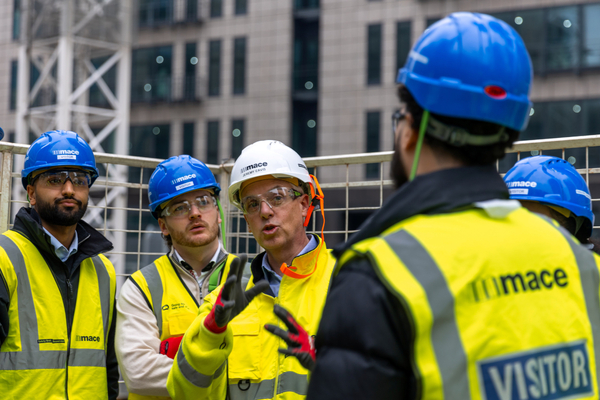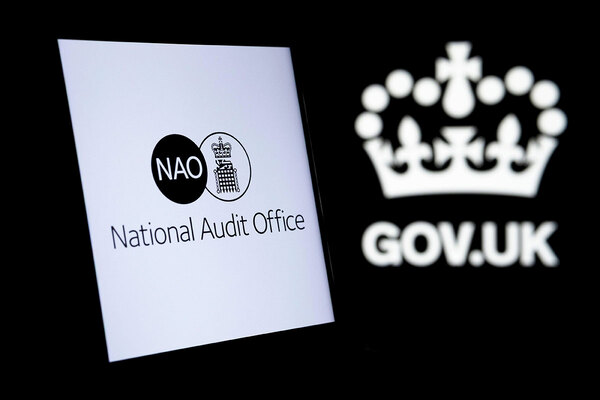The social housing sustainability challenge
Cutting global carbon emissions is critical.
According to the recent EU’s climate service, global warming has exceeded 1.5C across an entire year, while flooding from the recent storms have wrecked destruction and more are predicted. Housing the most vulnerable is a moral imperative, as well as assisting tenants to reduce fuel costs. Every social landlord is considering what it can do and how it can achieve the net zero targets. Asset management specialists are urged to come up with the plans to solve the problem while minimising spend. At the same time many landlords lack sufficient data on stock condition to know where and how to invest. There’s a long list of ‘must do’s’ now (such as fire safety, decent homes, damp and mould) demanding funding. Sustainability is probably the hardest, and where more ingenuity is needed.
Most organisations have actioned the obvious, insulating the older buildings’ walls and roofs and installing double glazing. Yet they still have a significant proportion of their stock below EPC C, requiring further investment. In several places, the talk is about being a follower rather than a leader to rely on others’ ingenuity to find new solutions. This is also a hope that current heat pump solutions will reduce in cost as technology improves. The creep towards full EPC C is still focused on upgrading heating and improving insulation.
Why is there a lack of new carbon zero initiatives?
There appears to be a lack of new carbon zero initiatives, often because the new solutions are deemed expensive. It costs more to install a ground source or air source heating system than a conventional boiler. When cash is tight, why upgrade just one home with a carbon friendly upgrade when you can use trusted (but poorer performing) solutions to upgrade two? Some of the newer electrical heating solutions are reliant on a well-insulated home to provide sufficient comfort and reduce running costs. There is also the discussion on the benefits of district heating systems to manage delivery costs. These systems do not work for many landlords with older or dispersed stock.
The benefits of collaboration
There are various energy clubs currently operating and working together to combine resources, experience, and knowledge to bid for grants. These are generally doing well at seeking opportunities, improving data awareness, and combining effort. The collaboration also enables experiences and costs to be shared, leading to better future solutions.
Government targets
It appears that quite a few of us, if not most, are also waiting for the government to realise that its targets will not be met and offer more incentives. It is expected that the government will tax, pressure, or incentivise energy companies and heat source pump producers to improve technology to make the products cheaper and better value to encourage wider adoption. Currently, neither of the two lead parties appear to be keen to commit sufficient investment, although the recent announcement of proposed new hydrogen generation sites is positive, if too little for the short term.
So what can be done to achieve carbon zero targets?
The positive news is that social landlords are identifying funding in their business plans to invest in carbon zero even if the short-term initiatives are unclear. There is the willingness to invest but uncertainty on the best way to go. As a sector, we need to be bolder and work more co-operatively. Crucially, we need to improve the knowledge of our stock so that we can provide convincing evidence on the cost and impact of specific solutions as this will also be key to attract external funding and grants. We need better collaboration to share the costs and experience of new initiatives and greater acknowledgement that we need more detailed plans now. Critically, we can’t delay starting this process as there will always be other competing priorities. Investment and sustainability must be near the top!
Keith Carter is an associate consultant at Campbell Tickell


